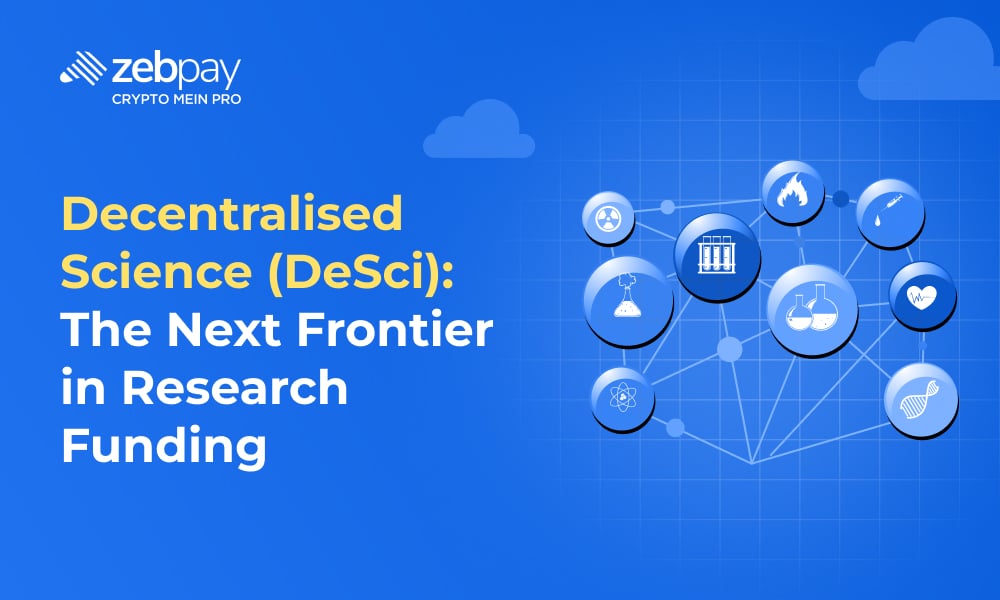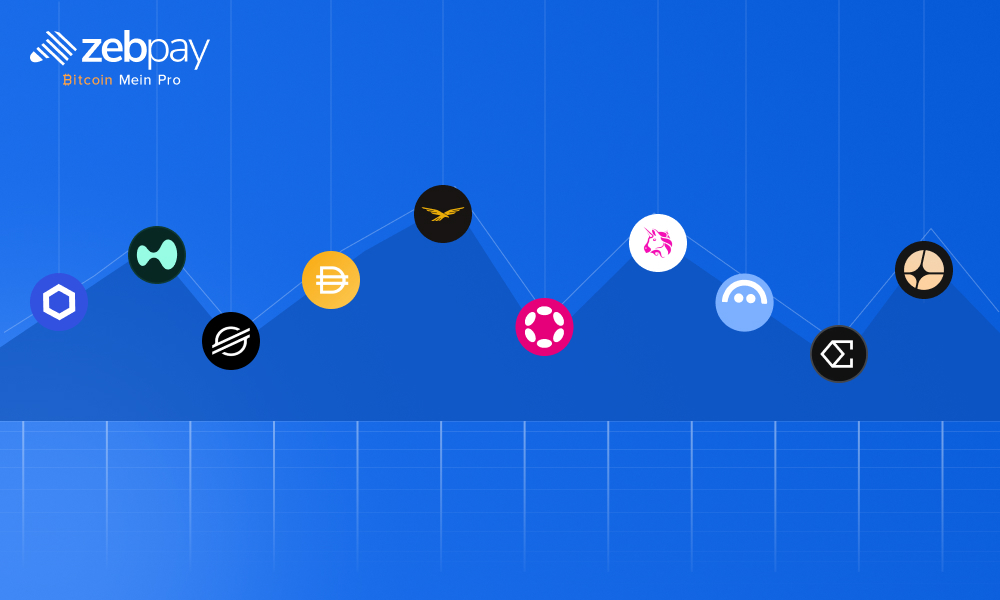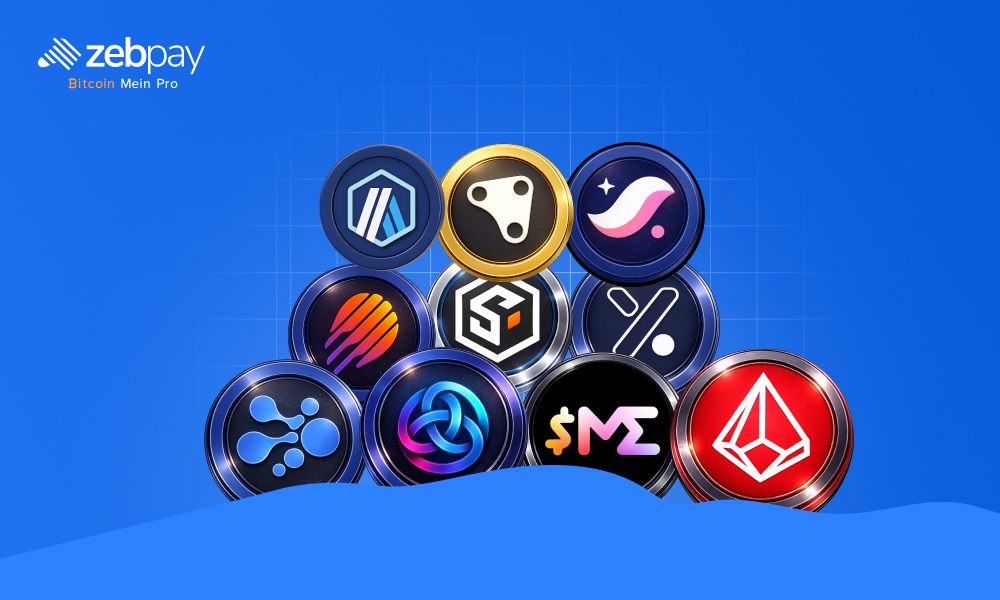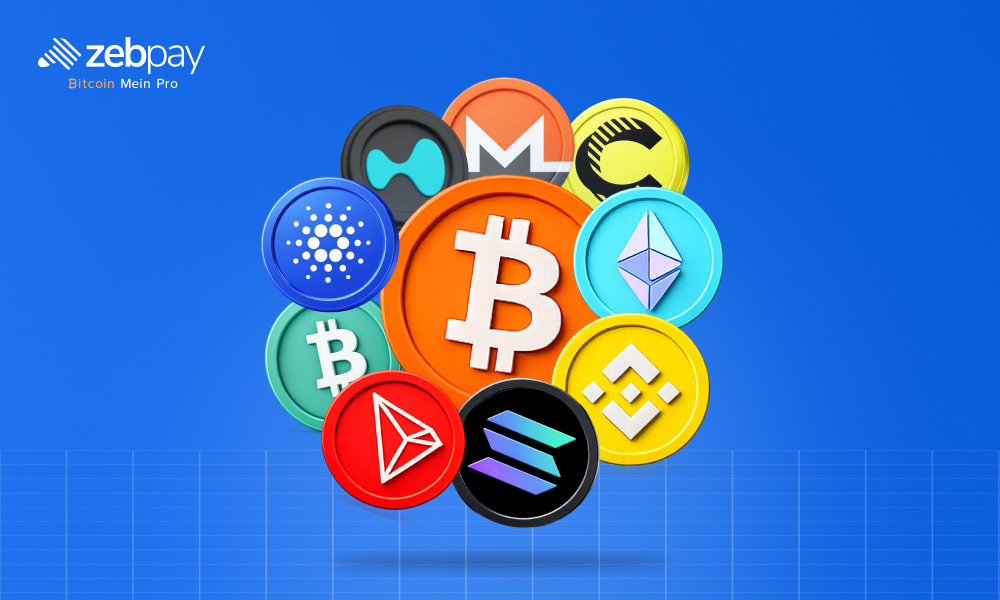In the ever-evolving landscape of innovation, scientific research has long been the bedrock of progress. Yet, traditional funding mechanisms often hinder groundbreaking discoveries, constrained by bureaucracy, inequity, and limited access to resources. Enter decentralised science (DeSci) – a transformative paradigm that leverages blockchain technology to democratise research funding and empower scientists worldwide. By decentralising the flow of resources, fostering transparency, and enabling global collaboration, DeSci holds the potential to reshape how we conduct and fund science. It’s not just a trend; it’s a movement to unlock untapped potential and redefine the future of knowledge creation.
What is DeSci?
- Definition: DeSci is a movement that integrates blockchain technology into scientific research to create a transparent, equitable, and collaborative ecosystem.
- Core Principle: It emphasises decentralisation, removing intermediaries in research funding, publication, and data sharing.
- Key Features:
- Use of smart contracts for transparent funding.
- Tokenised incentives for contributors.
- Open-access databases for research data and publications.
- Community governance models.
Comparison with Traditional Science
| Aspect | Traditional Science | DeSci |
| Funding | Centralised institutions and grants. | Crowdsourced, token-based. |
| Data Ownership | Limited access, institutional control. | Open-access, blockchain-stored. |
| Transparency | Prone to biases, limited auditability. | Fully transparent, immutable records. |
| Incentives | Recognition through journals. | Token rewards for contributions. |
How Blockchain is Transforming Research Funding
- Decentralised Funding Models: Researchers can directly connect with funders through platforms like DAOs (Decentralised Autonomous Organisations).
- Transparent Resource Allocation: Blockchain ensures every transaction is recorded, eliminating misuse of funds.
- Global Accessibility: Researchers from underrepresented regions can access funding without institutional bias.
- Smart Contracts: Automatically enforce funding conditions, such as milestones or deliverables.
| Blockchain Feature | Impact on Research Funding |
| Smart Contracts | Milestone-based funding release. |
| Tokenisation | Incentivises peer reviews and validation. |
| Immutable Ledger | Prevents fund misappropriation. |
Use Cases and Success Stories in DeSci
- Molecule Protocol:
- A platform that connects researchers with investors using IP-NFTs (Intellectual Property NFTs).
- Success: Enabled fractional ownership of research outcomes, reducing financial risks for funders.
- VitaDAO:
- A DAO focused on funding longevity and healthspan research.
- Success: Raised millions to fund projects that otherwise faced barriers in traditional funding.
- Open Science Data Repositories:
- Blockchain-based repositories for sharing clinical trial data securely and transparently.
Advantages and Limitations
Advantages
- Transparency: Blockchain’s immutable ledger ensures all transactions and research data are open for audit.
- Equitable Access: Democratises funding for scientists in developing regions.
- Decentralised Peer Review: Ensures unbiased and diverse validation of research.
- Faster Innovation: Reduces bureaucratic delays, enabling quicker funding and project initiation.
Limitations
- Technical Complexity: Requires expertise in blockchain, which might be a barrier for researchers.
- Scalability Issues: Current blockchain networks might struggle with handling large-scale research data.
- Regulatory Uncertainty: Lack of clear policies governing DeSci initiatives.
Future Outlook
- Expansion of DeSci DAOs: More decentralised platforms like VitaDAO are expected to emerge, covering diverse scientific domains.
- Integration with AI: Using AI for data analysis in decentralised research networks.
- Global Collaborations: Cross-border initiatives that pool global talent and funding.
- Regulatory Frameworks: Governments and institutions may create policies to integrate blockchain into mainstream science.
Conclusion
DeSci is poised to revolutionise the way we fund, conduct, and share scientific research. By leveraging blockchain technology, it addresses critical challenges in traditional systems, such as lack of transparency, inequitable funding, and restricted access to data. With successful use cases like Molecule Protocol and VitaDAO leading the charge, DeSci demonstrates the potential to democratise research and accelerate innovation on a global scale. However, realising its full potential will require overcoming technical, scalability, and regulatory challenges. As the movement gains momentum, DeSci stands as a beacon of hope for a more inclusive and efficient scientific ecosystem, paving the way for groundbreaking discoveries and advancements.
Unravel everything that you need for your crypto journey via ZebPay blogs. Get started today and join 6 million+ registered users on ZebPay!






